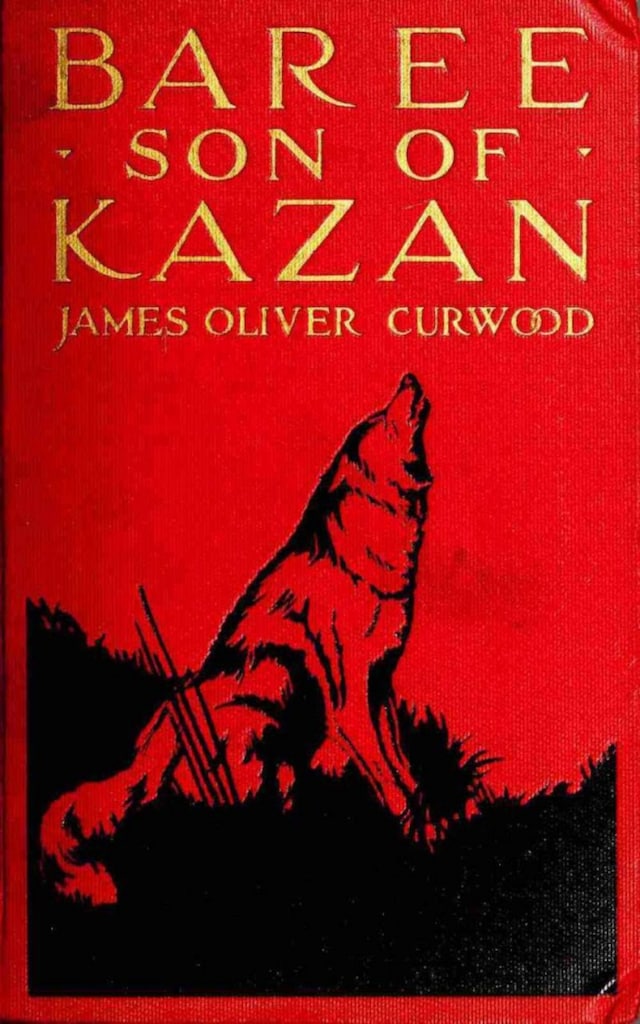
Baree, Son of Kazan
Tietoa kirjasta
Since the publication of my two animal books, "Kazan" and "The Grizzly King," I have received so many hundreds of letters from friends of wild animal life, all of which were more or less of an enquiring nature, that I have been encouraged to incorporate in this preface of the third of my series—"Baree, Son of Kazan"—something more of my desire and hope in writing of wild life, and something of the foundation of fact whereupon this and its companion books have been written.
I have always disliked the preaching of sermons in the pages of romance. It is like placing a halter about an unsuspecting reader's neck and dragging him into paths for which he may have no liking. But if fact and truth produce in the reader's mind a message for himself, then a work has been done. That is what I hope for in my nature books. The American people are not and never have been lovers of wild life. As a nation we have gone after Nature with a gun.
And what right, you may ask, has a confessed slaughterer of wild life such as I have been to complain? None at all, I assure you. I have twenty-seven guns—and I have used them all. I stand condemned as having done more than my share toward extermination. But that does not lessen the fact that I have learned; and in learning I have come to believe that if boys and girls and men and women could be brought into the homes and lives of wild birds and animals as their homes are made and their lives are lived we would all understand at last that wherever a heart beats it is very much like our own in the final analysis of things. To see a bird singing on a twig means but little; but to live a season with that bird, to be with it in courting days, in matehood and motherhood, to understand its griefs as well as its gladness means a great deal. And in my books it is my desire to tell of the lives of the wild things which I know as they are actually lived. It is not my desire to humanize them.
 James Oliver Curwood
James Oliver Curwood 226 Sivua
226 Sivua